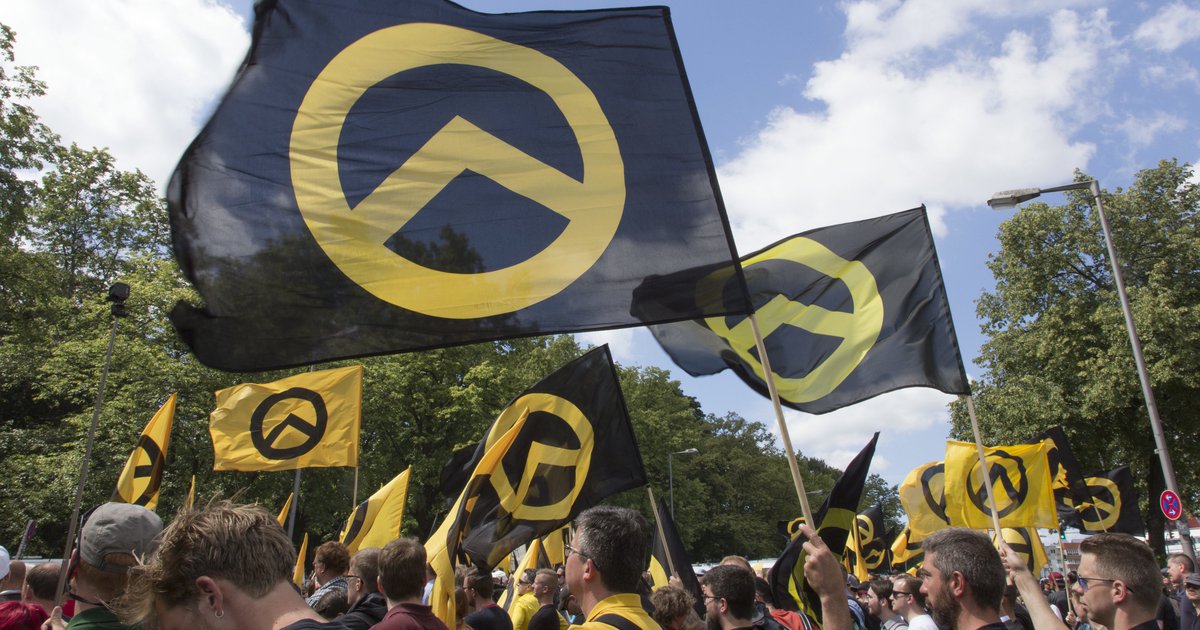Are far right groups really just about spreading conspiracy theories and misinformation?

The research findings challenge the belief that conspiracy theories are the ‘hook’ for the Far Right, or ‘the way they radicalise people’, ‘the way they attempt to normalise extremist narratives’ and ‘a clear tactic of extremist groups’, as stated by PREVENT National Coordinator Chief Superintendent Nik Adams and the Head of the UK Commission for Countering Extremism, Sara Khan. It has also brought into question the analysis that 5G is ‘arguably one of the most prevalent conspiracies adopted by actors on the Far Right’, finding that (at the very least) these assumptions are not universally applicable to Far Right groups.
Properly analysing the Far Right allows us to build a more complex picture of how such groups operate in a changing world. Rather than agents of chaos, significant Far Right groups have homed in on the dissatisfaction felt by many towards governments who have mishandled the COVID-19 pandemic.
Understanding this allows us to develop a better response. Dismissing the Far Right as conspiracy theorists might be convenient but it is not fully backed up by evidence and it ignores the problems that the Far Right feeds upon.
It is the unfairness that lies at the heart of society, further uncovered by the pandemic, that drives much of the rhetoric by Far Right groups. By addressing the many inequalities exacerbated or caused by governmental responses to COVID-19, we deprive them of the means to gain legitimacy in our communities.
But it involves an introspection by European governments on their role in providing the fertile ground for the Far Right. This is where the real work in response to the Far Right needs to be done in the age of COVID-19.
The full study is available here
*** This article has been archived for your research. The original version from Open Democracy can be found here ***


